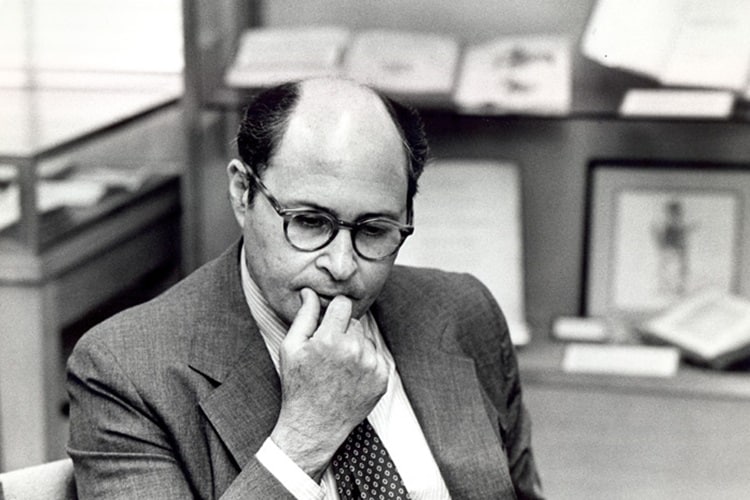Celebrating life and legacy of Daniel Nathans

Daniel Nathans (October 30, 1928 – November 16, 1999) was an American microbiologist. He was awarded the Nobel Prize in Physiology or Medicine in 1978.
Life and Career
Daniel Nathans was born on October 30, 1928, in Wilmington, Delaware, USA. He grew up in a Jewish family and developed an early interest in science and medicine. Nathans’ curiosity about the natural world paved the way for his future career in molecular biology.
Daniel Nathans earned his Bachelor of Arts degree in chemistry from the University of Delaware in 1950. He then pursued his medical degree at Washington University School of Medicine in St. Louis, graduating in 1954. Nathans’ academic journey laid the foundation for his groundbreaking contributions to the field of molecular biology.
Nathans embarked on a distinguished career as a physician and researcher. After completing his medical internship and residency, he joined the Public Health Service and worked at the National Institutes of Health (NIH) in Bethesda, Maryland. Here, he became involved in research that would shape the future of molecular biology.
One of Nathans’ most notable achievements came in collaboration with Hamilton O. Smith. In the early 1970s, they discovered a groundbreaking technique called restriction enzymes, which could cut DNA at specific sequences. This discovery revolutionized genetic engineering, allowing scientists to manipulate and study DNA in ways previously thought impossible.
For this groundbreaking work, Daniel Nathans, Hamilton O. Smith, and Werner Arber were awarded the Nobel Prize in Physiology or Medicine in 1978. The development of restriction enzymes became a cornerstone in the field of genetic engineering and had a profound impact on various scientific disciplines.
Nathans continued to contribute to science and medicine throughout his career. He served as the Vice President for Medical Affairs at Johns Hopkins University and as the Interim President of that institution. Additionally, he was involved in various scientific organizations and initiatives.
Daniel Nathans passed away on November 16, 1999, in Baltimore, Maryland, USA.
Award and Legacy
Daniel Nathans, along with Hamilton O. Smith and Werner Arber, was awarded the Nobel Prize in Physiology or Medicine in 1978. They received this prestigious honor for their groundbreaking discovery and development of restriction enzymes, a crucial tool in genetic engineering. The ability to cut DNA at specific sequences using restriction enzymes revolutionized the field of molecular biology, enabling scientists to manipulate and study DNA with unprecedented precision.
Nathans’ work on restriction enzymes opened up new possibilities in genetic engineering. This breakthrough allowed scientists to cut, manipulate, and study DNA, paving the way for the development of recombinant DNA technology and the entire field of genetic engineering.
Nathans’ research contributed to a deeper understanding of the structure and function of DNA. His work elucidated the mechanisms by which organisms protect their genetic material and how scientists could intervene for research and medical purposes.
The techniques developed by Nathans have had a profound impact on medicine and biotechnology. They underpin various medical diagnostics, gene therapies, and the production of pharmaceuticals, influencing the development of treatments for genetic disorders and other diseases.
Nathans’ leadership roles, including Vice President for Medical Affairs at Johns Hopkins University, allowed him to influence and shape scientific research and education. His advocacy for scientific integrity and responsible research practices left a lasting impact on the scientific community.
Beyond his research, Nathans played a role in educating the next generation of scientists. His work at Johns Hopkins University and involvement in various scientific organizations contributed to the training and development of aspiring researchers.
Observer Voice is the one stop site for National, International news, Sports, Editor’s Choice, Art/culture contents, Quotes and much more. We also cover historical contents. Historical contents includes World History, Indian History, and what happened today. The website also covers Entertainment across the India and World.

